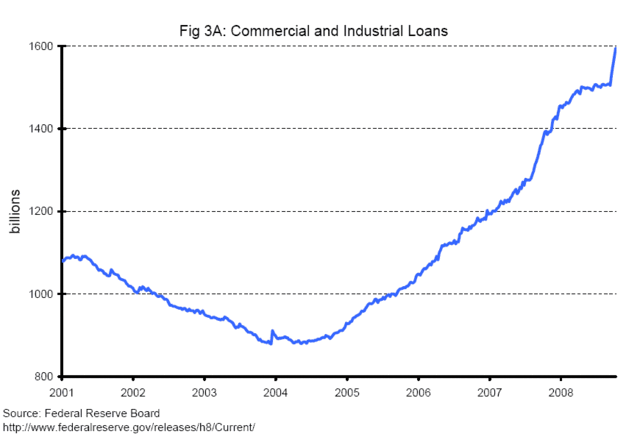The Proposed Emergency Decree to Build The Wall is An Awful Precedent
Dear Republicans:
The last thing we need now is even more expansion of executive power. I remember when, gosh it was like only two or three years ago, you Republicans were (rightly) bemoaning Obama's executive actions as unconstitutional expansions of Presidential power. You argued, again rightly, that just because Congress did not pass the President's cherished agenda items, that did not give the President some sort of right to do an end-around Congress.
But now, I hear many Republicans making exactly the same arguments on the wall that Obama made during his Presidency, with the added distasteful element of a proposed declaration of emergency to allow the army to go build the wall.
I personally think the wall is stupid, will solve nothing, and will be a moral blight on this country -- its ugly to think of use having our very own Berlin Wall. But forget all that, for now I am not arguing against the wall, but against the proposed process.
I can pretty much guarantee you that if Trump uses this emergency declaration dodge (and maybe even if he doesn't now that Republicans have helped to normalize the idea), the next Democratic President is going to use the same dodge. I can just see President Warren declaring a state of emergency to have the army build windmills or worse. In fact, if Trump declares a state of emergency on a hot-button Republican issue, Democratics partisans are going to DEMAND that their President do the same, if for no reason other than tribal tit for tat.
Postscript: Now that I am handing out political advice to Republicans, what is the deal with your Ocasio-Cortez fixation? I hear many folks on both sides of the aisle who attribute some of Trump's electoral success to the media fixation on him that kept him in the news constantly. I am reminded of the old Pepsi challenge, where Pepsi showed people choosing their product over Coke. But the thing was, while Pepsi's sales increased, so did Coke's because the commercials kept Coke's name prominent in people's minds and established it as the product to which everyone else compares themselves. Do you really want to do the same thing with Ocasio-Cortez?

